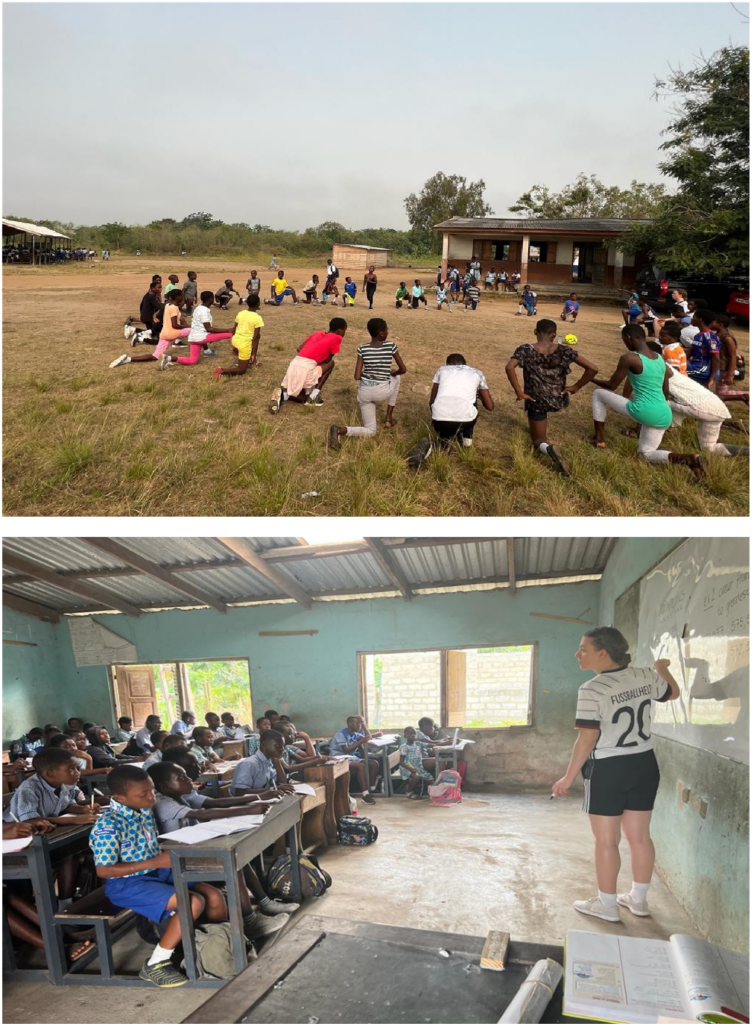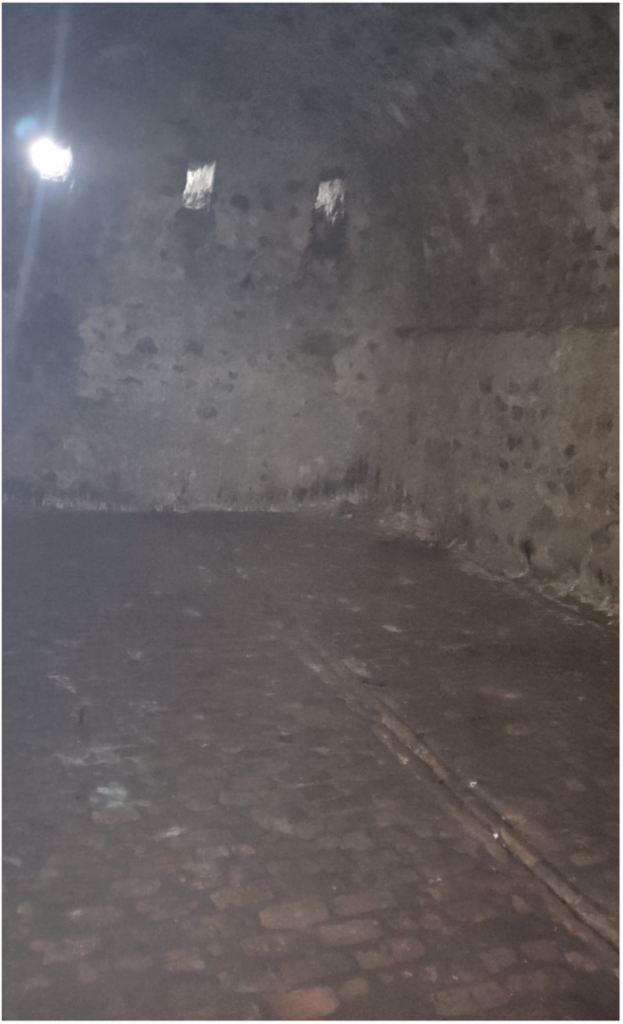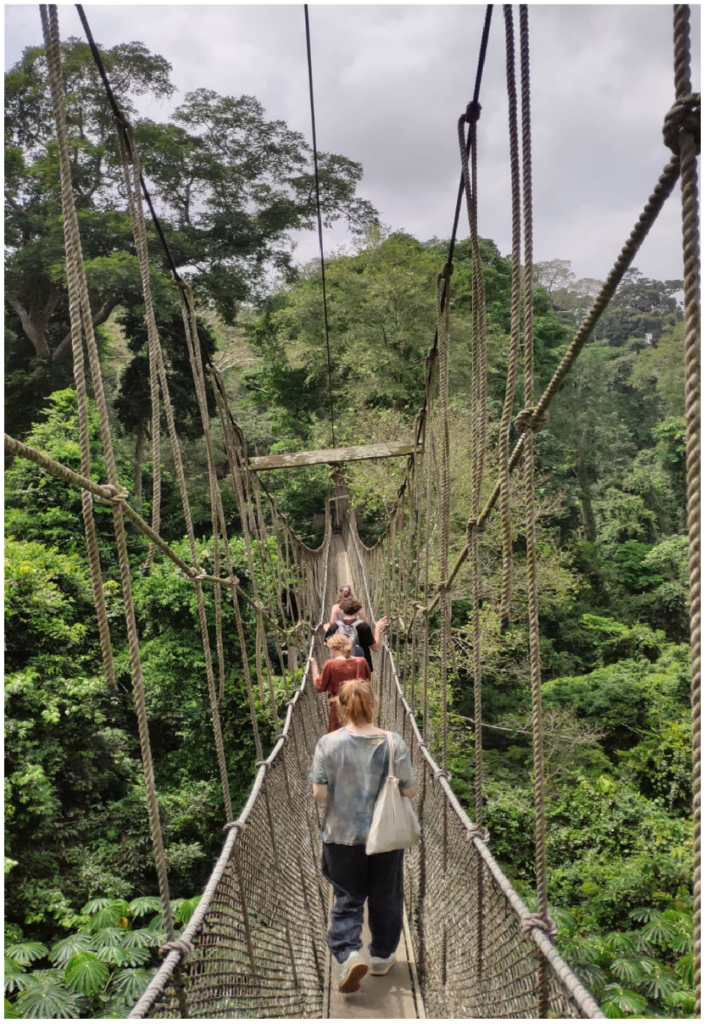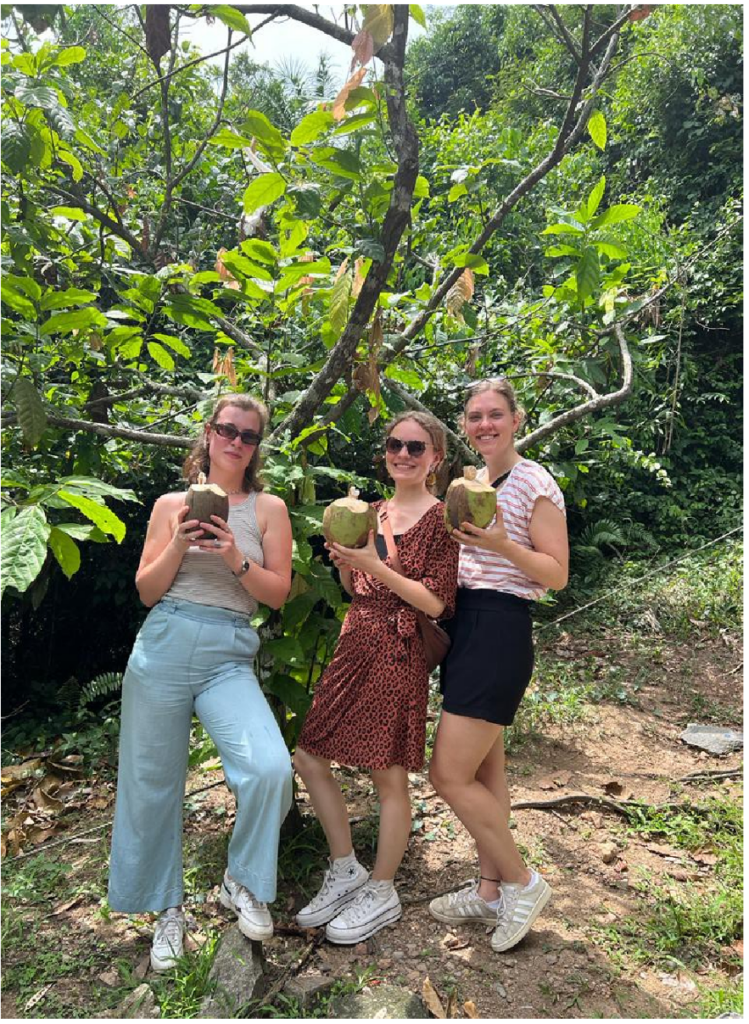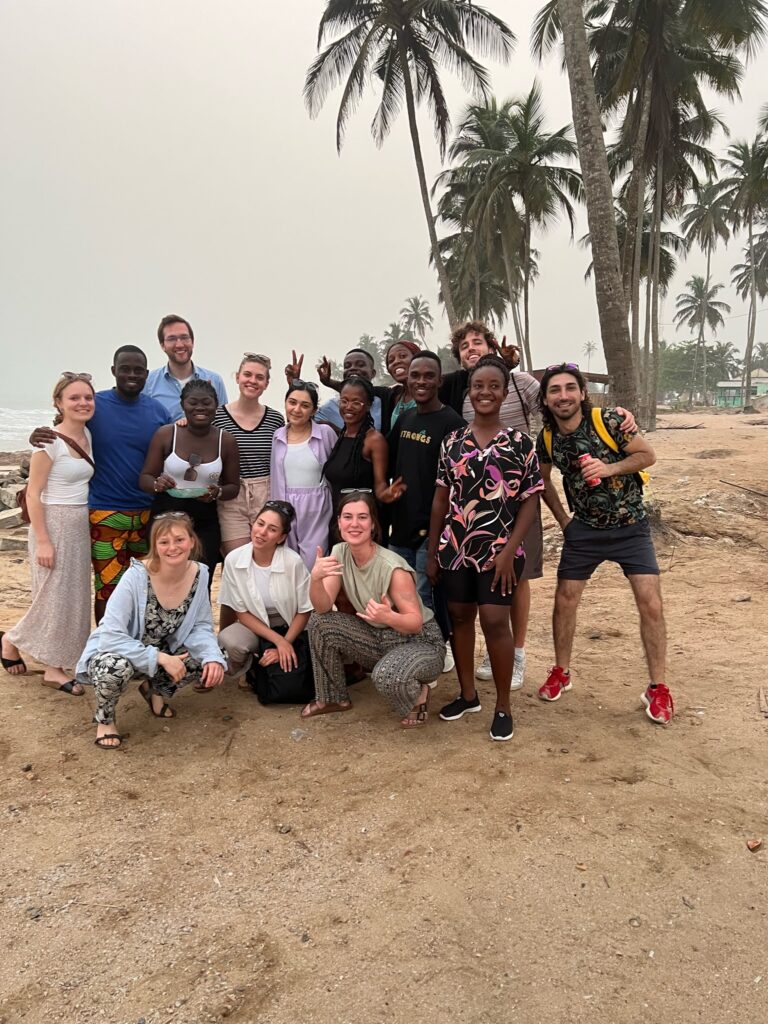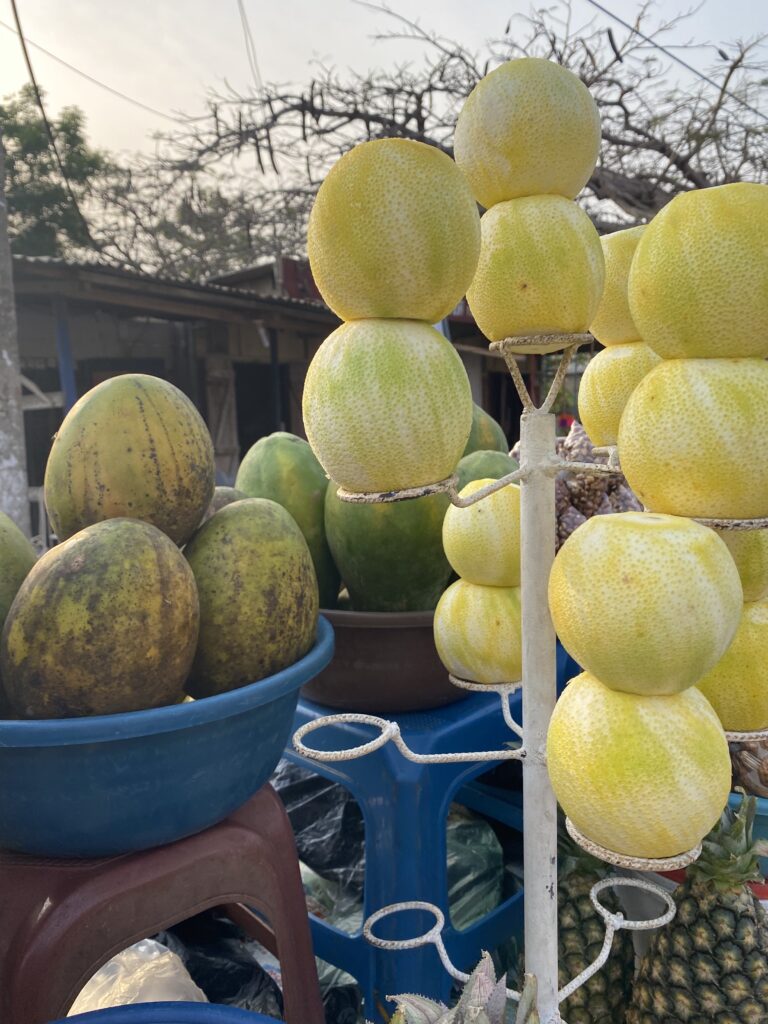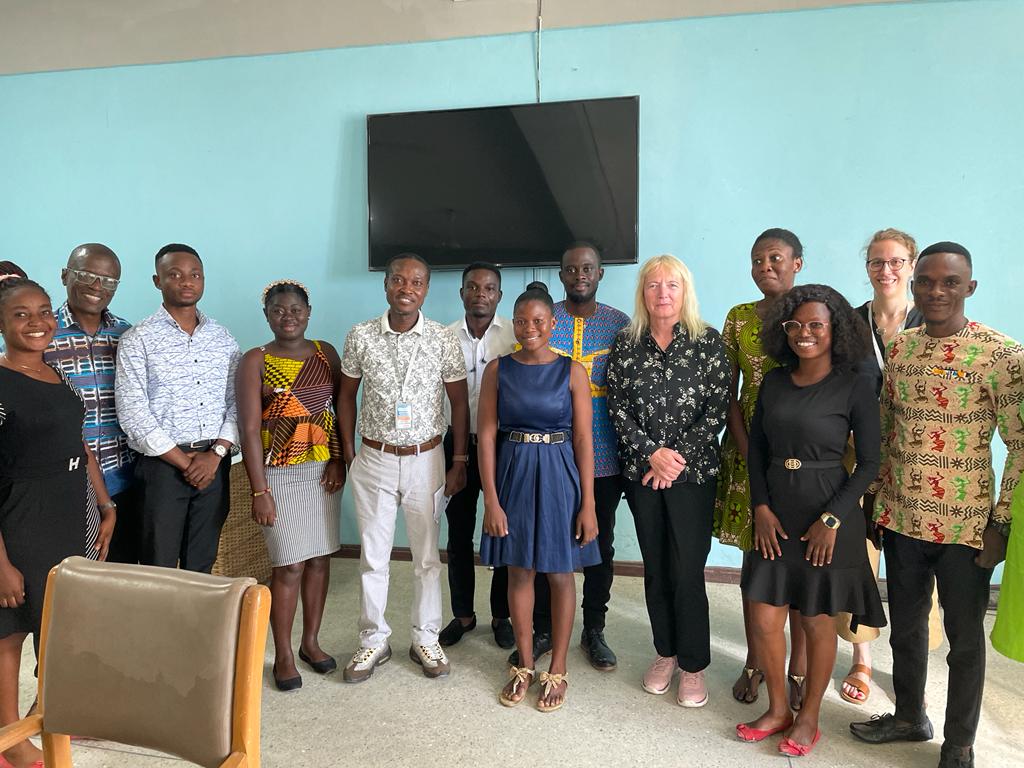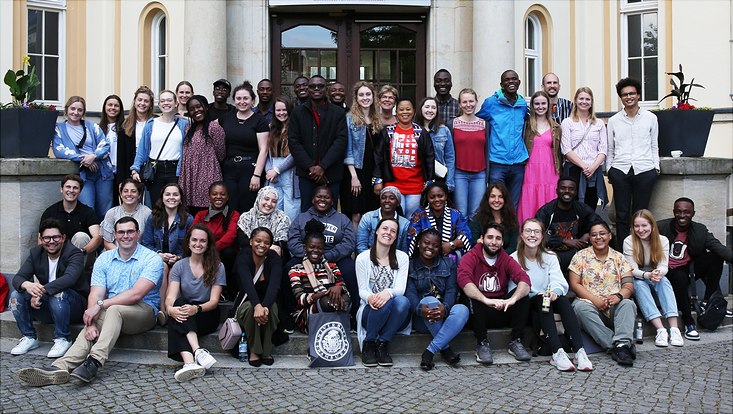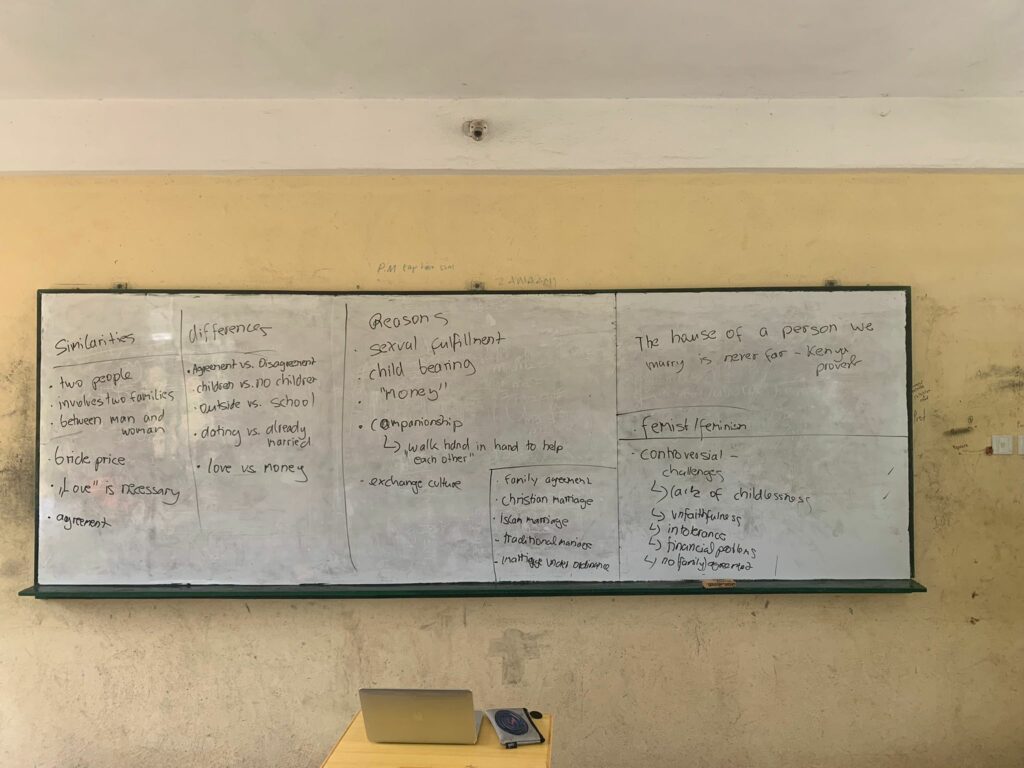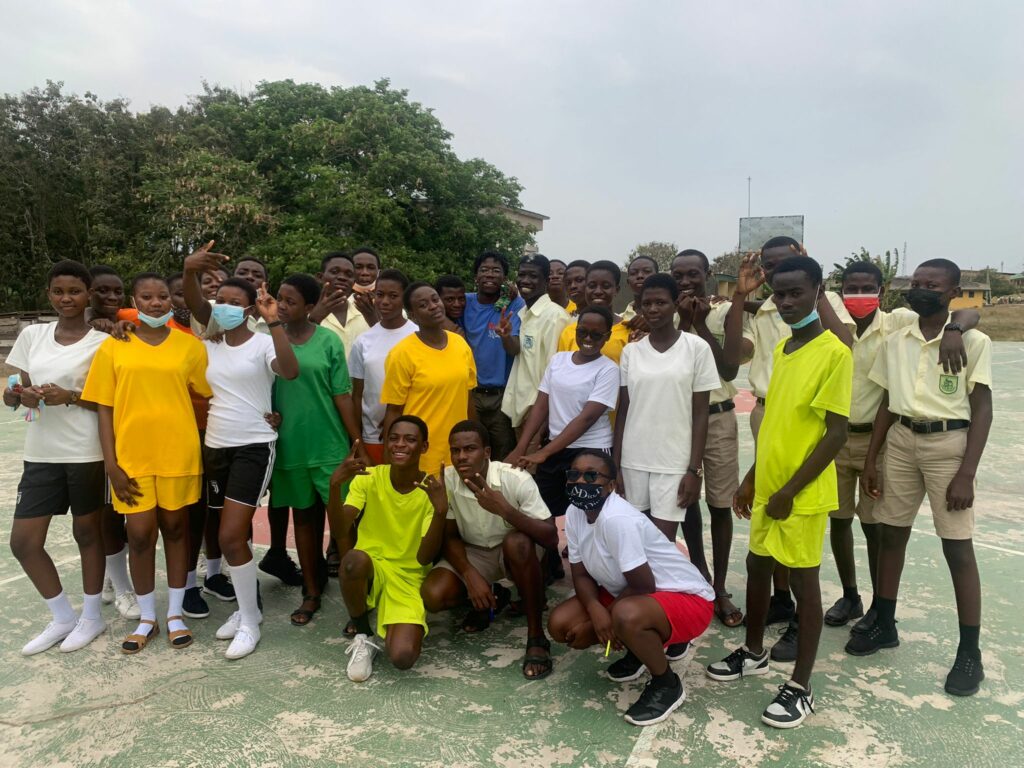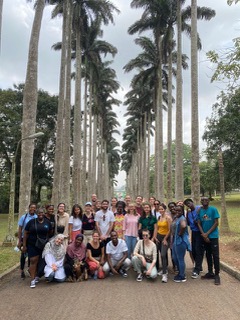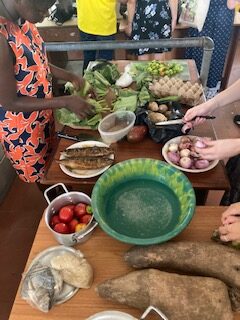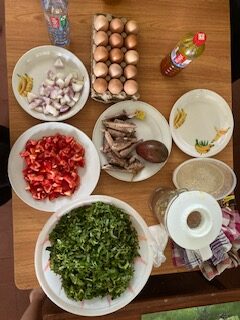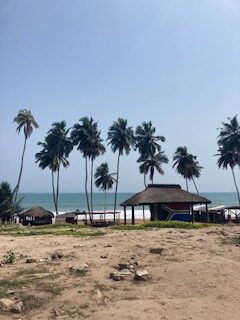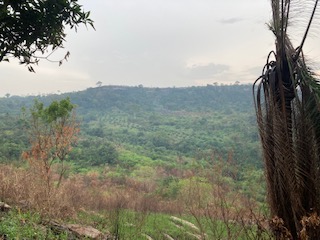
The first week in Hamburg was dedicated to getting acclimated and adjusting to the new environment. Relocating from familiar surroundings to unfamiliar territory required a rapid understanding of the local system and adapting to it. The journey to Hamburg was not without its own challenges. On May 21, 2023, at 12 o’clock noon, the exchange program’s ten participants embarked on voyage. We were accompanied to Kotoka International Airport by Mr. Twumasi Anderson, a lecturer. As a group, our team encountered numerous frustrations during airport procedures. The passport control and immigration officers in Ghana bombarded us with multiple inquiries. Even after presenting all the required documents at the Ghanaian embassy, they still detained us and subjected us to additional inspections. We were subsequently permitted to proceed to the waiting area and await our flight.
Our initial stop was Istanbul, where we caught our connecting flight to Hamburg on 22nd May, 2023. Eventually, we arrived in Hamburg Airport and had the opportunity to meet the project coordinators, host families, German buddies, and participants from the Diversity Contexts in Teacher Education (DiCoT) exchange program.

The second day of our program was dedicated to exploring the University of Hamburg and attending a special event to welcome the visiting universities. Lina, the tour guide, provided us with invaluable assistance during the tour. Our first stop was the Faculty of Education. It was established in 1969 with the aim of promoting teacher education in Germany. Next, we proceeded to the Faculty of Humanities, followed by the Faculty of Law, which was established in 1919. Notably, only students from the Faculty of Law are permitted entry, and they must carry transparent bags as a requirement. Subsequently, we proceeded to Audimax 2, which holds the distinction of being the largest lecture hall in Germany, capable of accommodating up to 5000 students. Near to Joseph-Carlebach-Platz, there is a Jews‘ school, which is currently under police protection due to concerns of potential attacks from citizens, albeit such incidents have never occurred in the past. Our next destination was the Faculty of Science and Social Studies. Here we encountered an artwork depicting the lifestyle and autonomy of the Jewish community, among others. Lastly, we explored the university’s main building, generously donated by Edmund J.A. Siemers and in collaboration with various research institutions, although the exact number of institutions involved was not disclosed to us. After an extensive tour of the campus, we were greeted with a welcome speech from the Dean of the Faculty of Educational Studies, Professor Dr. Eva Arnold, followed by Vice Dean Professor Telse Iwers. Distinguished Professors from the University of North Carolina (UNC) also delivered a speech. During the event, Professor Telse explained the vision of the exchange program and what they expect each participant to offer in pushing the agenda of the project.
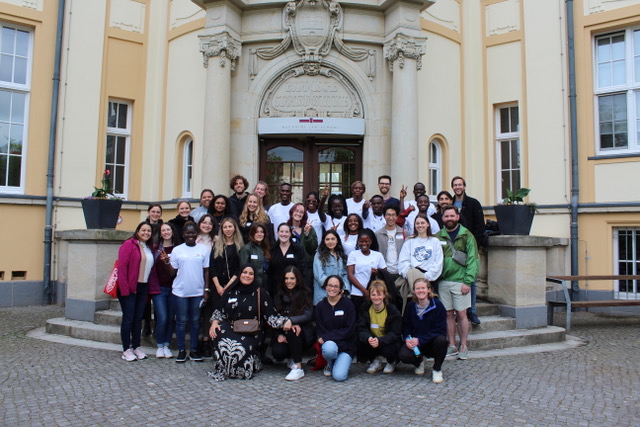
At the event, we expressed our deepest gratitude and appreciation to the tireless efforts and unwavering dedication of the Tricontinental Teacher Training Coordinators. It was a privilege for us to honor these exceptional individuals who have played a vital role in shaping the future of education in our tricontinental communities. They have been at the forefront of providing training and guidance, ensuring that educators are well equipped with the requisite skills and knowledge to deliver quality education to their students. Their commitment to improving teaching methodologies, fostering inclusivity and promoting educational excellence is truly commendable. After giving them our presents, we engaged in some enjoyable activities. We played games and then indulged in some food and beverages. Additionally, the program in week one highlighted the significance of continuous professional development and staying abreast of educational trends and research. Listening to the speech from our noble professors, our goal is to remain lifelong learners, actively seek professional development opportunities, attend conferences and engage in ongoing learning communities. Our objective is to stay knowledgeable and consistently enhance our teaching methods, with the goal of delivering the highest quality education to our students and making meaningful contributions to the progress of the education sector.



Thank you! (Danke!)
Samuel A. and Ella




